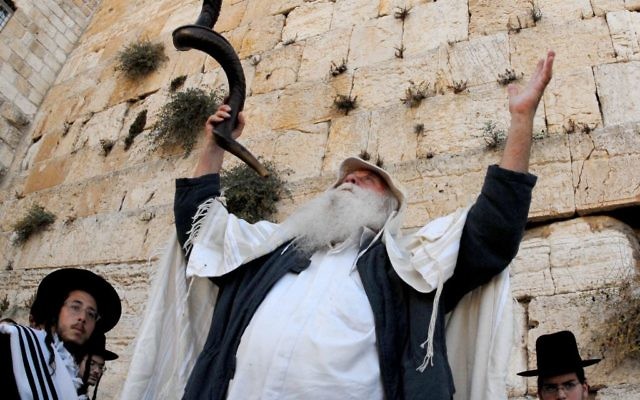Our View: For the People
Can Israel be the nation-state of the Jewish people when it denies recognition to non-Orthodox streams of Judaism?
The leadership of the Jewish Federations of North America wasted no time at this year’s General Assembly in making clear that religious pluralism in Israel is a crucial element in launching a global renaissance of Jewish life.
In a speech that closed the opening plenary of the gathering of American and Canadian Federations in Los Angeles on Sunday, Nov. 12, JFNA CEO Jerry Silverman announced that the organization’s executive committee would present a resolution the next day demanding the reversal of two crucial religious policies established by Prime Minister Benjamin Netanyahu’s government this year:
- The suspension of an agreement to develop the egalitarian worship area at the southern end of the Western Wall and to implement an oversight panel at the Wall that includes non-Orthodox religious leaders.
- Proposed legislation under which Israel would recognize Jewish conversions performed in Israel only if they were conducted under the auspices of the Haredi Chief Rabbinate.
Those matters, revolving around the position of non-Orthodox streams of Judaism and the determination of who is a Jew, are neither Israeli issues nor Diaspora issues, Silverman said. Instead, they are Jewish issues.
That assertion is fundamental to the religious rift that has developed between the Israeli government and Diaspora Jewish leadership.
The typical opinion of Israelis is that Israel should decide these matters itself. The Kotel, after all, is in the Israeli capital of Jerusalem, and the proposed legislation applies only to conversions that take place within Israel and at its core is about who has a claim to automatic citizenship. As a sovereign and democratic nation, Israel can’t give veto power on crucial issues to noncitizens living overseas.
If Diaspora Jews care so much about who can pray where and in what manner at the Western Wall and whose conversions are recognized, they should make aliyah. The addition of a couple of million committed, non-Orthodox Israelis would shift the political balance to favor the policies advocated by Silverman and other American Jewish leaders.
That viewpoint, however, is an effort by Israeli leaders to have it both ways: It’s a nation worthy of special support from the Jewish community and non-Jewish Zionists when it comes to military aid and diplomacy, but it’s just another sovereign nation that should be left to its own devices when the opinions of those non-Israeli supporters are inconvenient for domestic politics.
Diaspora disappointment over fundamental Israeli policies must not be allowed to undermine backing for Israel, and the JFNA resolution emphasizes ongoing support for Israel and Israelis. Jews around the world have a self-interest in ensuring the existence of a thriving, secure Israel.
But Silverman cited the fundamental question: Can Israel “truly be the nation-state of the Jewish people” when it denies official recognition to the non-Orthodox streams of Judaism, representing millions of those Jewish people?
Israel has no legal requirement to listen to the opinions of the Diaspora. But, morally, it should do so: The homeland of all the Jewish people should find a way to be welcoming and comfortable to all the Jewish people.




comments